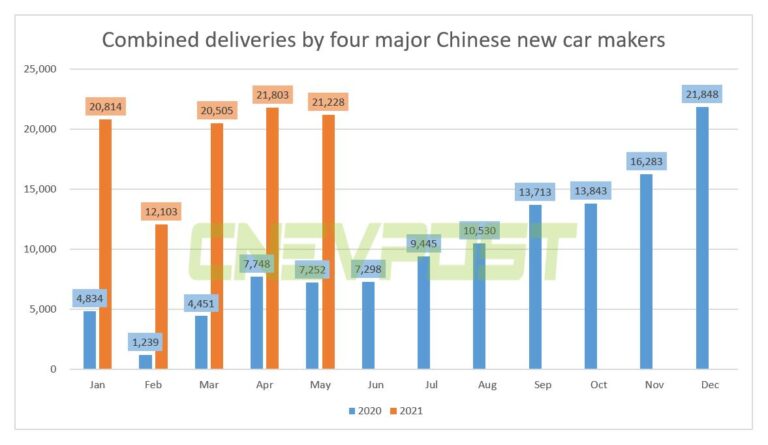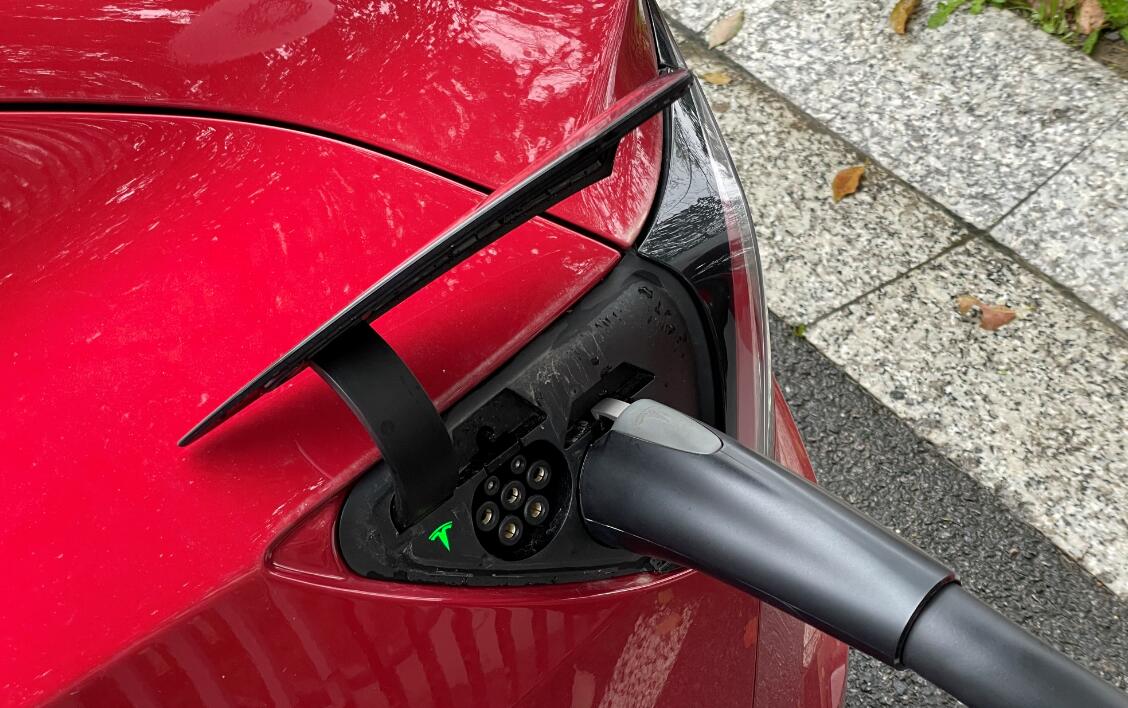New energy vehicles have been one of the most discussed topics in China over the past year, and in the view of analysts, their replacement of traditional fuel vehicles is proceeding at a high rate.
The trend of hybrid vehicles replacing fuel vehicles is accelerating, and China's new energy vehicle penetration, or their share of all new vehicle sales, is expected to exceed expectations, CSC Financial chief auto analyst Cheng Qiqi said in a report on Wednesday.
Recent BYD DM-i orders and demand show that the trend of hybrid models replacing fuel vehicles is becoming clearer, the report said.
With the launch of Geely HEV, Changan iDD hybrid system, and Great Wall DHT hybrid system, local Chinese brands will achieve the overtaking of Japanese hybrid technology and see the acceleration of hybrid vehicles replacing fuel vehicles, the report said.
"We believe that the development of pure electric vehicles coupled with the replacement of fuel vehicles by hybrids is expected to allow the space for new energy vehicles to continue to expand. By 2025, the compound growth rate of new energy vehicles could be well over 40 percent," Cheng said.
From the China Passenger Car Association raising its sales forecast this year to the China Association of Automobile Manufacturers raising its future sales growth forecast, China's new energy vehicle market boom continues to exceed expectations even in the face of chip shortages, the report said.
Wang Chuanfu, chairman and president of BYD, the Chinese new energy vehicle company backed by legendary US investor Warren Buffett, recently expressed a similar view.
Wang believes that China's local EVs are already ahead of joint venture brands in terms of styling technology, core new energy vehicle technologies such as batteries, motors, and electric controls, as well as intelligent technologies such as intelligent network connectivity and intelligent cockpits.
China's new energy vehicle penetration rate exceeded 10 percent in March this year and reached 11.4 percent in May, continuing to maintain ultra-high growth, Wang said.
It is expected that by 2030, the share of new energy vehicles in the Chinese auto market is expected to reach 70 percent, he said.
William Li, founder, chairman and CEO of Nio, seems more optimistic. He said at the China Auto Chongqing Summit 2021, held June 13 in the southwestern Chinese city of Chongqing, that China could reach 90 percent penetration of smart electric vehicles by 2030.
"Maybe the number in my own mind is a little bit more optimistic than that. There are a lot of driving factors behind this, most notably technology, especially autonomous driving-related technology," he said.
(Source: CnEVPost)

